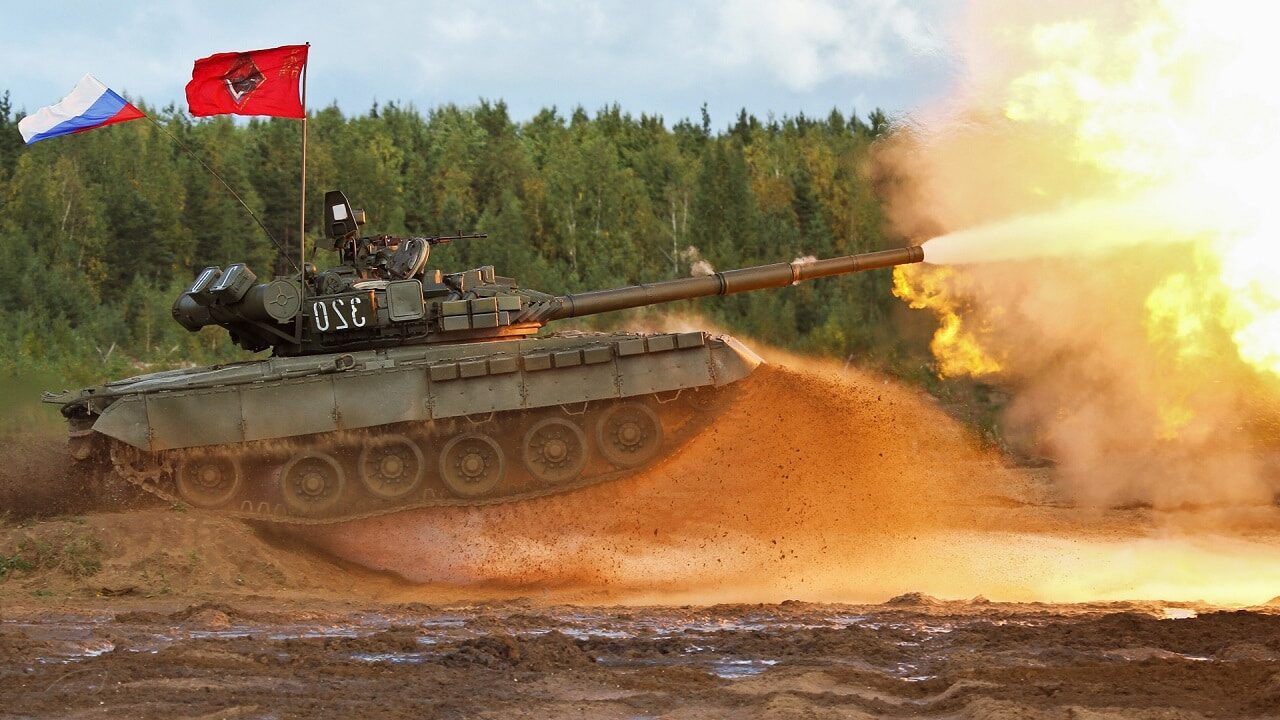Can Cash-Strapped Russia Continue Its War in Ukraine? – On Thursday, the Kremlin rejected U.S. claims that Russian President Vladimir Putin is being misled by the Russian military about its failures on the battlefield in Ukraine.
“Neither the State Department nor the Pentagon have real information about what is happening in the Kremlin,” Dmitry Peskov, Kremlin spokesman, told reporters during Thursdays daily news briefing. “They just don’t understand what’s going on in the Kremlin.”
Whether any of those facts are true, it could be questioned whether Putin has been truly informed of the cost of the war, which some analysts now report could be in the tens of billions of dollars per day!
According to a report from Consultancy.eu from early March, it was estimated that the direct losses during the first five days cost Russia about $7 billion. When factoring the scale of the mobilization, including its logistics, personnel, ammunition, fuel, etc., researchers estimated the costs to likely exceed $20 billion daily.
That was nearly a month ago, before Russia lost hundreds of tanks, dozens of aircraft, and upwards of 15,000 troops – including several high-ranking general officers. It will take years to replace the combat veterans, and even longer replace the military hardware.
Additionally, Moscow has been hit with devastating sanctions that have resulted in dozens of companies pulling out of Russia. Even if the war were to somehow end today, which it won’t, it could also take years – even decades – to re-forge some of those business relationships. The Russian Central Bank has responded that it would start buying up bonds, which some financial experts have compared to simply printing cash and giving it to the state.
Inflation is already a serious problem in Russia. The annual inflation rate has reached 15.66 percent last Friday, the highest since September 2015. In February, it was already a staggering 9.15 percent, and the cost of goods just keeps getting more expensive while the ruble has fallen to an all-time low. To boost the value of the currency, earlier in March, Putin demanded that European countries pay for Russian fossil fuels in rubles.
Moscow has since walked back those demands after the currency switch for gas supplies had been rejected by major G-7 economies, CNBC reported. In a call with German Chancellor Olaf Scholz on Wednesday, Putin said European companies could continue paying for gas supplies in euros or dollars. Around 40 percent of the Russian government’s revenue comes from oil and gas, which has allowed Moscow to institute one of the lowest income tax rates in the world.
However, wars have long driven countries to institute higher taxes, and Russia may be forced to follow the lead of the UK – one of the first nations to institute an income tax, which it did to pay for its military during the Napoleonic Wars. Russian citizens may soon have to pay for Putin’s war and that is a fact that the Kremlin won’t be able to hide or conceal.
Now a Senior Editor for 1945, Peter Suciu is a Michigan-based writer who has contributed to more than four dozen magazines, newspapers, and websites. He regularly writes about military hardware, and is the author of several books on military headgear including A Gallery of Military Headdress, which is available on Amazon.com. Peter is also a Contributing Writer for Forbes.

